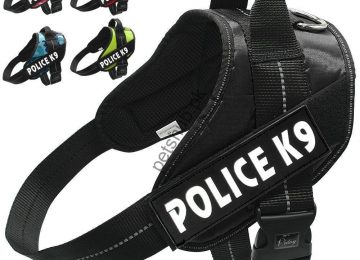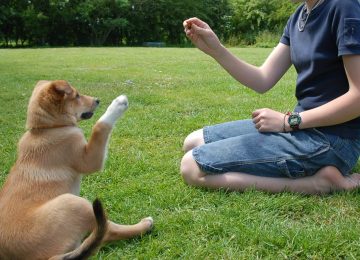Bladder Problems in Dogs
Bladder problems in dogs can be a frustrating, uncomfortable issue for pet owners to deal with. Dogs are prone to developing urinary incontinence, which can be caused by various factors – from age-related muscle weakness or spay/neuter surgery to neurological conditions or bladder stones. Fortunately, interventions such as diet modifications and medications can help manage your dog’s bladder issues and reduce the risk of long-term damage.
When it comes to feeding your dog with bladder problems, there are several things that you should pay attention to. The first is ensuring that your dog is drinking enough water on a daily basis; this helps keep their urine diluted and reduces the risk of bladder infections and other complications.
Symptoms
As a pet parent, it is important to recognize the signs and symptoms of bladder problems in your canine companion. Incontinence can cause many issues for dogs, so understanding the common indicators is key to providing them with the best possible care.
The most commonly reported symptom of a bladder problem in dogs is incontinence or urine leakage. This could be caused by anything from an infection to age-related weakness of the muscles that control urination. Other signs may include frequent urination, straining to urinate, blood in the urine, licking or scooting at the genital area and abnormal odor coming from their back end. If you notice any of these symptoms in your furry friend, take them to see a vet as soon as you can for proper diagnosis and treatment.

Causes
Bladder issues can be a common problem in dogs, but it’s important to know what the causes are so that you can properly address them. Identifying the source of your dog’s incontinence is an essential part of keeping your pet healthy and happy. Diet is one factor that needs to be considered when dealing with bladder problems in dogs. Poor diet can lead to lack of nutrition, an unbalanced pH level, and dehydration which all contribute to bladder issues. Additionally, if there is an underlying medical condition such as kidney failure or diabetes, dietary changes may be necessary for proper management. Knowing what’s causing your dog’s incontinence will help you determine the best course of action for treating it and providing nutritional support for long-term health and wellness.
Treatments
Treatments for dogs with bladder problems, sometimes referred to as canine incontinence, can be both simple and complex. For mild cases of incontinence in dogs, a few simple changes to the pet’s diet and lifestyle may be enough to help manage symptoms. This can include switching to a low-salt diet and providing plenty of fresh water throughout the day. Additionally, using a special canine diaper or belly band may help prevent accidents in the home.
For more serious cases of dog incontinence, treatment options may be more complex depending on the underlying cause. In many instances, medications such as hormones or antibiotics could help solve the problem. Surgery is also sometimes recommended for treating incontinence in pets that don’t respond to other forms of treatment.
Diet Considerations
For owners of dogs suffering from incontinence, understanding the role that diet plays in managing the condition is essential. A balanced and healthy diet can help to reduce the frequency and severity of bladder issues, while an unhealthy one may make it worse. Knowing what type of food to feed a dog with bladder problems can be difficult but it is important in order to maintain their health.

It’s advisable to consult your veterinarian about any dietary changes you plan on making for your dog. They will be able to provide advice on which foods are best suited for dogs with this condition and discuss any potential supplements that could alleviate symptoms further. If a certain breed is known to suffer from incontinence, such as bulldogs or dachshunds, there may even be specific diets available specifically tailored towards them.
Foods to Avoid
Having a pet with bladder problems can be difficult for any pet parent. Not only is it uncomfortable for your beloved pup, but it’s also important to ensure that you’re feeding them the right foods to help manage their condition. To help you better understand what you should and should not give your pup, here are some of the main foods to avoid:
The first food on the list is anything high in salt or sugar. These types of food can cause your pup’s urine to become too concentrated, which puts additional stress on their bladder. Additionally, acidic fruits like oranges and lemons should also be avoided as they can irritate your dog’s digestive system and increase their risk of developing urinary tract infections. Finally, processed meats like bacon and sausages are best left off the menu as they contain nitrates that could contribute to bladder issues in some dogs.











